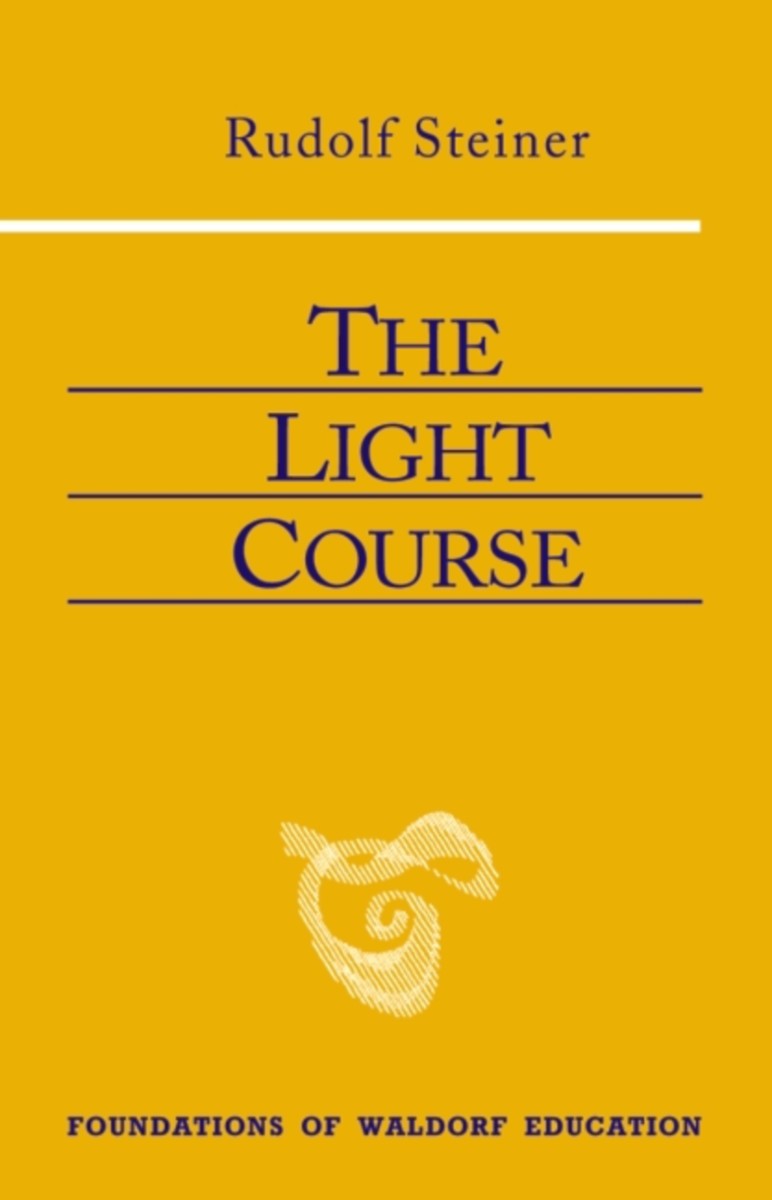The Light Course
First Course in Natural Science: Light, Color, Sound—Mass, Electricity, Magnetism (CW 320)
- Publisher
SteinerBooks - Published
2nd May 2002 - ISBN 9780880104999
- Language English
- Pages 224 pp.
- Size 5.5" x 8.5"
11 lectures, Stuttgart and Dornach, Dec. 23, 1919 - Aug. 8, 1921 (CW 320)
“Now the time has actually arrived when...we have a subconscious glimmering of the impossibility of the modern approach to nature and some sense that things have to change.”—Rudolf Steiner
This course on light—also exploring color, sound, mass, electricity and magnetism—presages the dawn of a new worldview in the natural sciences that will stand our notion of the physical world on its head.
This "first course" in natural science, given to the teachers of the new Stuttgart Waldorf school as an inspiration for developing the physics curriculum, is based on Goethe's phenomenological approach to the study of nature. Acknowledging that modern physicists had come to regard Goethe's ideas on physics as a "kind of nonsense."
Rudolf Steiner contrasts the traditional scientific approach, which treats phenomena as evidence of "natural laws," with Goethean science, which rejects the idea of an abstract law behind natural phenomena and instead seeks to be a "rational description of nature." Steiner then corrects the mechanistic reductionism practiced by scientific positivists, emphasizing instead the validity of human experience and pointing toward a revolution in scientific paradigms that would reclaim ground for the subject—the human being—in the study of nature.
German source: Geisteswissenschaftliche impulse zur Entwikkelung der Physik, Erster Naturwissenschaftlicher Kurs: Licht, Farbe, Ton-Masse, Elektrizität, Magnetismus (GA 320).
Rudolf Steiner
Rudolf Steiner (b. Rudolf Joseph Lorenz Steiner, 1861–1925) was born in the small village of Kraljevec, Austro-Hungarian Empire (now in Croatia), where he grew up. As a young man, he lived in Weimar and Berlin, where he became a well-published scientific, literary, and philosophical scholar, known especially for his work with Goethe’s scientific writings. Steiner termed his spiritual philosophy anthroposophy, meaning “wisdom of the human being.” As an exceptionally developed seer, he based his work on direct knowledge and perception of spiritual dimensions. He initiated a modern, universal “spiritual science” that is accessible to anyone willing to exercise clear and unbiased thinking. From his spiritual investigations, Steiner provided suggestions for the renewal of numerous activities, including education (general and for special needs), agriculture, medicine, economics, architecture, science, philosophy, Christianity, and the arts. There are currently thousands of schools, clinics, farms, and initiatives in other fields that involve practical work based on the principles Steiner developed. His many published works feature his research into the spiritual nature of human beings, the evolution of the world and humanity, and methods for personal development. He wrote some thirty books and delivered more than six thousand lectures throughout much of Europe. In 1924, Steiner founded the General Anthroposophical Society, which today has branches around the world.


